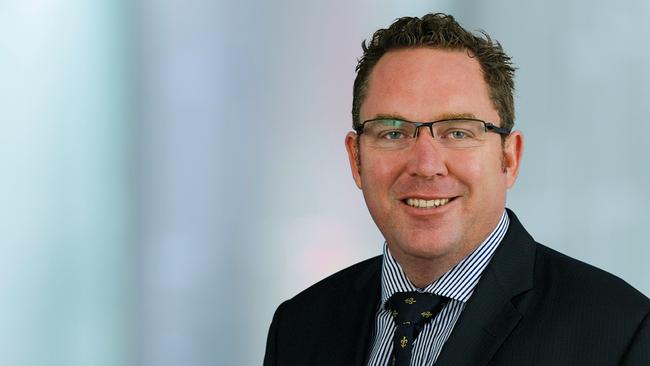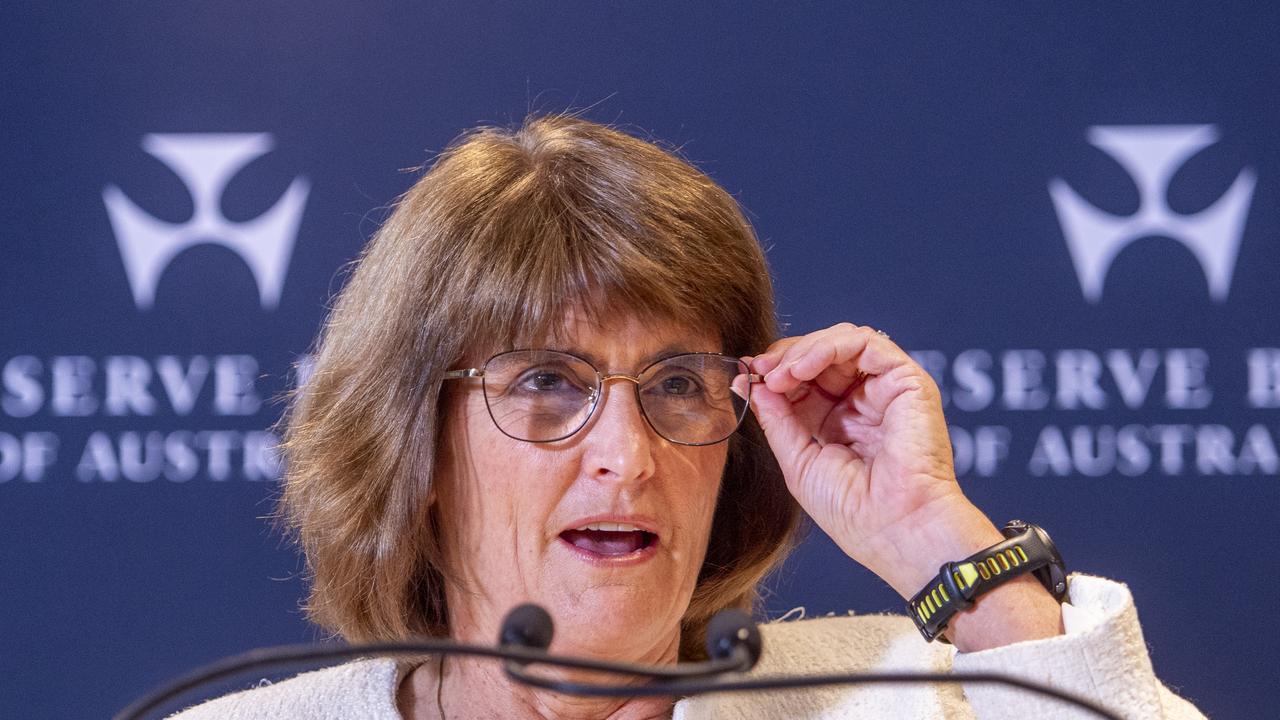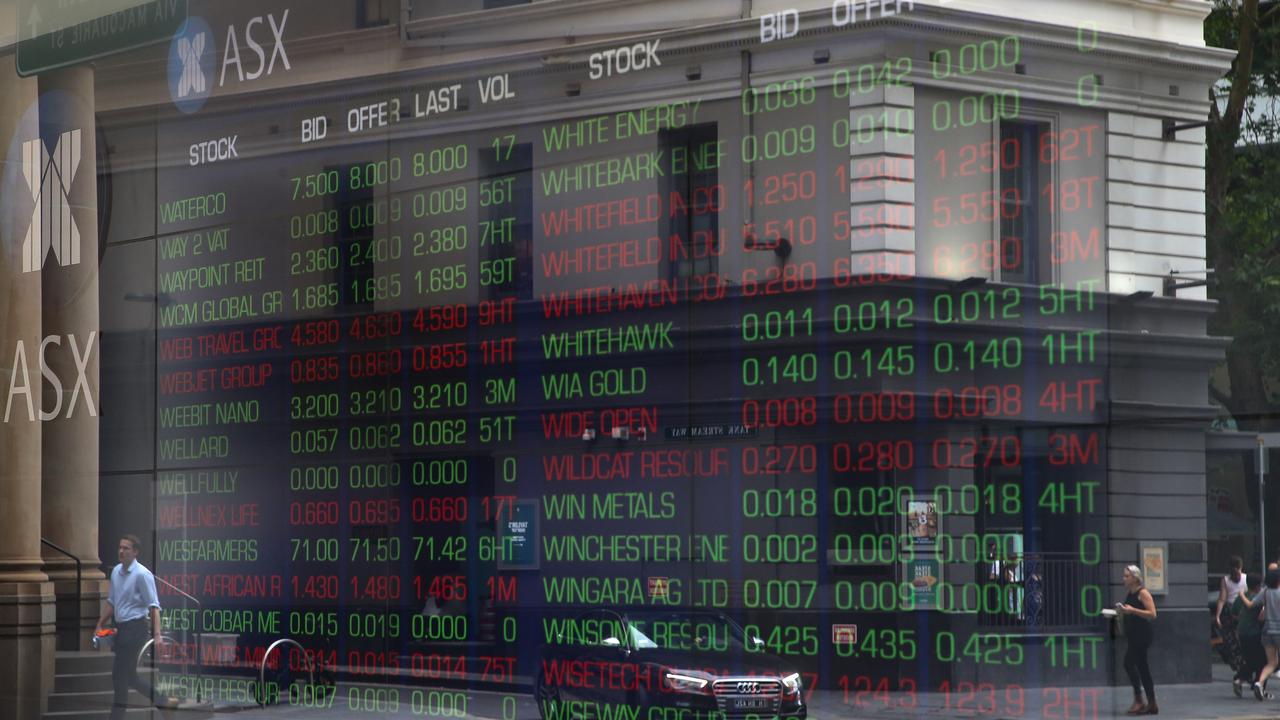KPMG says a kneejerk response to surging immigration would damage Australia’s economy
KPMG says Australia is better off living with short-term challenges such as the housing shortage than the long-term damage caused by cutting skilled migration.

Cutting immigration to combat the country’s housing shortage is “shortsighted” and risks wages growth and much-needed improvement in sluggish productivity, KPMG Australia says.
KPMG chief economist Brendan Rynne said that Australia was better off living with the short-term challenges it was facing such as a lack of housing, arguing that any “kneejerk” reaction risked bigger effects in the long term.
“We’ve got to be careful that we don’t have a knee-jerk reaction and I think that the government’s response hasn’t been; it’s been considered and positive,” Dr Rynne said.
“The work we’ve done has consistently shown that skilled migration adds positively to the Australian economy and it does that through improvements in productivity.”
During the past year there has been a significant wave of migration to Australia, driven by a surge in international students. More than 500,000 people – or greater than the population of Canberra – have settled in Australia at a time when building approvals are at the lowest level in a decade.
“I’d actually live with the short-term challenges that we’ve got at the moment. I think ultimately the market will sort themselves out with regards to housing investment and then I’d rather do that than turn away skilled migration who are unlikely to come back later on,” Dr Rynne said.
“If we start to pare back on skilled migration then the likelihood is that down the track we won’t achieve the same productivity kicker that we need and then ultimately we won’t get the real wage growth that we want to see.”

National accounts show labour productivity in the three months to September lifted by 0.9 per cent to record the first improvement since early 2022, reaching pre-Covid levels despite a much larger population.
The RBA has said a collapse in productivity matched with a rapid rise in wages has led to soaring labour costs which put at risk the central bank’s inflation target band of 2-3 per cent.
KPMG expects the economy to grind to a halt for much of 2024 before a recovery later in the year as the RBA moves on interest rates. It forecasted that Australia would avoid a recession, but gross domestic product in the December quarter would be flat as businesses batten down the hatches.
“Economically business and consumers dealing with difficult operating conditions of high inflation and interest rates, leading to reduced corporate profits in many parts of the economy and as a result cost control emerged as one of the top five issues,” KPMG chief executive Andrew Yates said as the firm released its “Keeping us up at Night” survey on Wednesday.
“The current mindset is that businesses is looking at battening down the hatches and getting through you know difficult business environment.”
Dr Rynne said that more Australians were likely to out of work this year than predicted by the RBA as a consequence of reduced demand in the economy.
“The unemployment rate probably heading towards mid four per cent by June and high four percepts by the end of the year,” he said.
A unemployment rate at nearly 5 per cent would be highest reading since 2022 and would come in much higher the RBA’s expectation of the 4.25 per cent it predicted in its Statement of Monetary Policy in November.
After 425 basis points’ of interest rate rises since May 2022, KPMG expected that the next decision by the RBA would be when to cut the cash rate – likely to be around August – and it tipped two 25 basis-point rate cuts for 2024.



